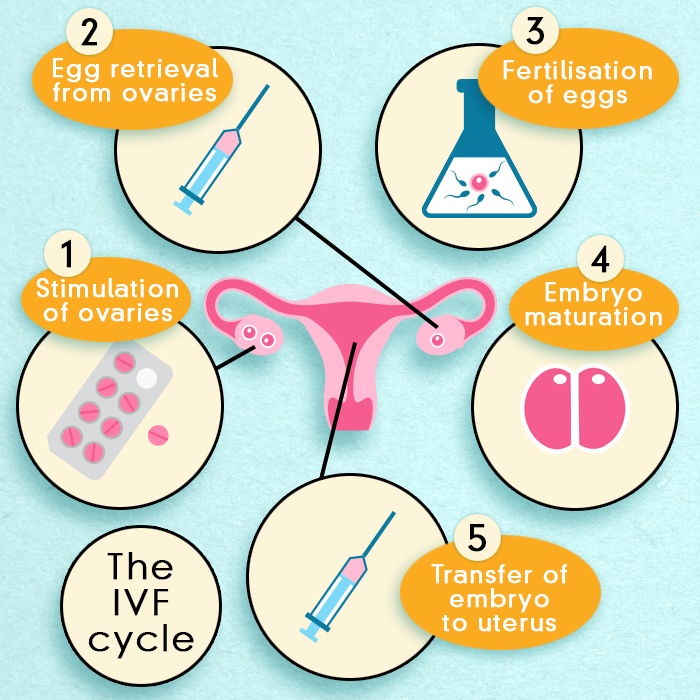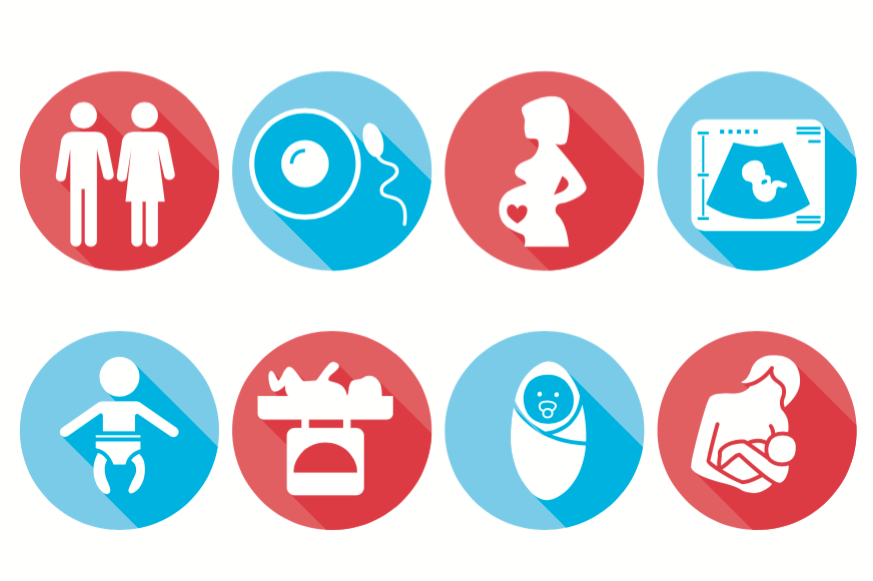How do you know what to expect with IVF? And, what are my other options?
What is IVF?
‘In Vitro Fertilisation’ is when the egg is harvested from a woman and sperm collected from a man. The egg is fertilised with the sperm in a laboratory and the resulting embryo reimplanted into the woman. It’s not quite that simple there are plenty of steps before, during and after to ensure the pregnancy is likely to be a success.
How long does it usually take to get pregnant?
Baby-making can’t be rushed. Pregnancy in a healthy couple takes 3 or more months by natural means (by having sex quite frequently throughout the week, especially around ovulation). IVF can take 3 to 4 months or longer. In most centres, success rates are 30-40% clinical pregnancy rate per embryo transferred.

image courtesy: ABC
What to expect with IVF
You will need to start with a referral from your GP. Both you and your partner will need to come in together. After all, it takes two to make a baby. Be ready for up to a month of diagnostics and that IVF may not be right for you. If IVF looks like the best solution, it can take 2 to 3 months of preparation before the procedure is performed. Read more about the procedure here.

Non-IVF Fertility Treatments
Since IVF doesn’t work for everyone, let’s quickly review the alternatives to IVF.
– Ovulation Induction: This is the best treatment for women who dob’t ovulate regularly. It is designed to help them ovulate just one egg at a time.
– Superovulation: This is where a woman is given medication to help them ovulate 1-2 eggs at once.
– Intra Uterine Insemination: Inserting sperm into uterus to improve chances of fertilisation.
– Egg/Sperm Donation: Using eggs or sperm from donors.
Reasons IVF won’t work
Understand that IVF doesn’t always work, even when it’s the best fit for your situation. While publications like the Huffington Post note the IVF success rate is going up in Australia, IVF doesn’t guarantee a pregnancy.
Age is the biggest factor in IVF. Women under 30 tend to have a 40% success rate. Women over 40 have an 8% chance with each embryo transferred. Also, up to 25% of the infertility problems are unknown, even when a couple tries a combination of fertility treatments.
I explain how to be realistic about what IVF can do and can’t do in this video.
Useful links
It is important to note that IVF Success Rates vary among women due to a number of factors. Are you considering IVF? Or possibly want into look into other treatment options to help you get pregnant? There a many avenues to explore.
